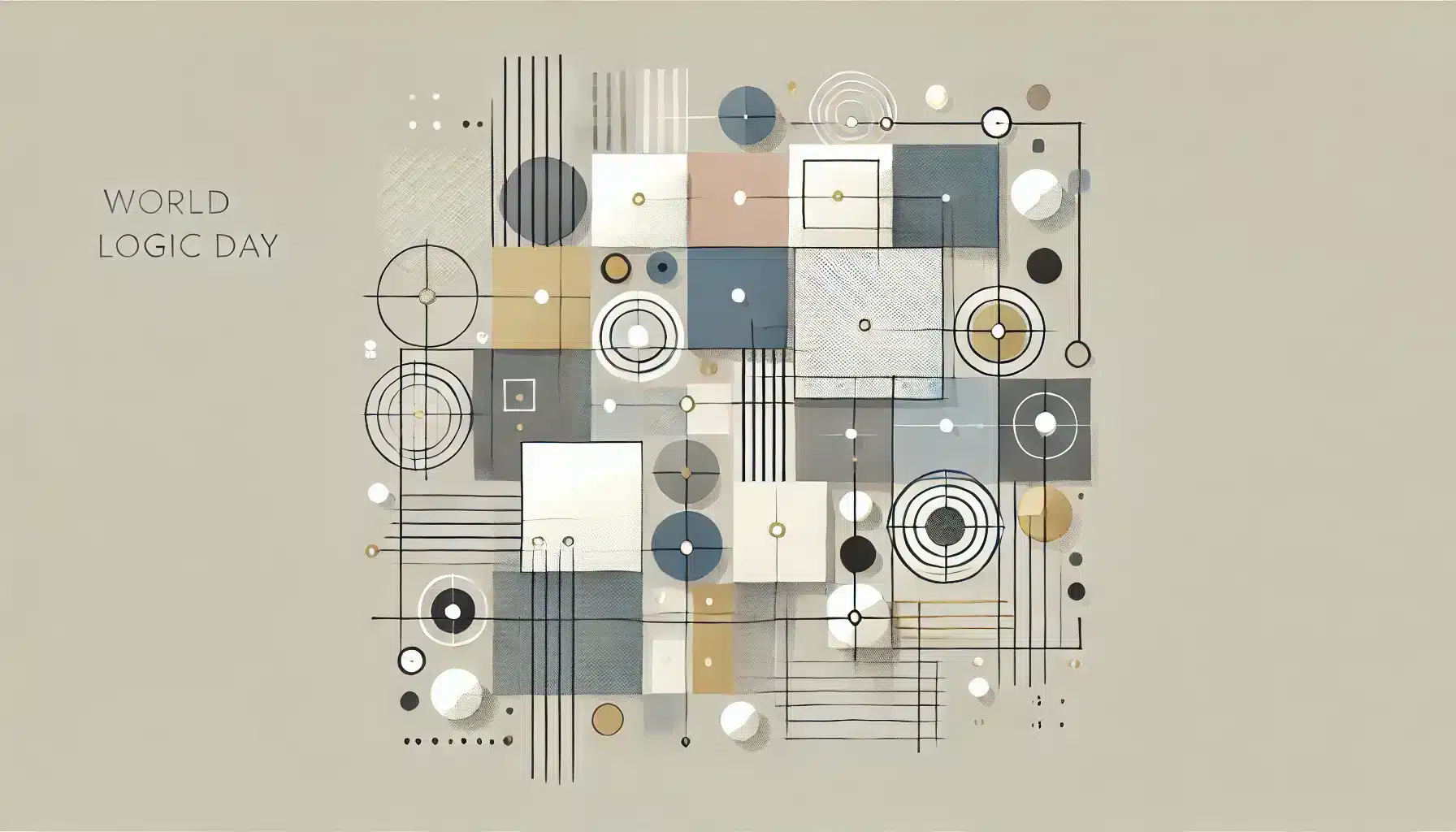What is World Logic Day?
World Logic Day, observed annually on January 14, is an international event dedicated to celebrating the importance of logic in science, technology, and human development. Established by UNESCO in collaboration with the International Council for Philosophy and Human Sciences (CIPSH) in 2019, this day highlights the role of logic in fostering critical thinking, innovation, and progress across disciplines.
The date was chosen to honor two prominent logicians: Kurt Gödel, who passed away on this day in 1978, and Alfred Tarski, who was born on January 14, 1901. The day provides a platform for promoting logical research, encouraging education, and enhancing public understanding of this fundamental field.
History and Purpose
World Logic Day was first celebrated on January 14, 2019, as an initiative by universities, research institutes, and organizations involved in mathematics, philosophy, computer science, and related disciplines. Its establishment as an official UNESCO observance underscores the universal value of logic in addressing complex global challenges and advancing human knowledge.
The primary goals of World Logic Day are:
- To promote research and development in the field of logic.
- To foster collaboration among individuals and institutions interested in logic.
- To enhance public awareness of the importance of logical reasoning in daily life and its implications for science and technology.
- To support institutions engaged in teaching and researching logic.
Who Observes World Logic Day?
- Academics and Researchers: Scholars in mathematics, philosophy, computer science, and cognitive sciences organize and attend events highlighting advancements in logic.
- Students: Participate in lectures, workshops, and discussions to learn about the practical and theoretical applications of logic.
- Educational Institutions: Universities and schools host events to promote logic education and critical thinking.
- Professional Organizations: Groups involved in engineering, technology, and economics use the day to highlight the importance of logic in their fields.
- General Public: Individuals with an interest in logic engage in online discussions, attend public lectures, or explore the subject through media and literature.
Themes and Slogans
The themes of World Logic Day focus on rationality, critical thinking, and interdisciplinary collaboration. By emphasizing the universality of logic, the day brings attention to its foundational role in solving complex problems and fostering innovation.
Slogans such as “Think Logically, Act Rationally” and “Celebrating the Science of Reason” encapsulate the spirit of the day, encouraging both professionals and the public to appreciate the value of logical reasoning.
Colors, Symbols, and Patterns
Colors:
- Blue: Representing trust and intellectual rigor.
- White: Symbolizing clarity and objectivity in reasoning.
- Gray: Reflecting neutrality and analytical thought.
Symbols:
- Logic Gates: Representing the computational aspect of logic in technology.
- Geometric Shapes: Symbolizing structure and order, essential to logical frameworks.
- Mathematical Symbols: Highlighting the connection between logic and formal reasoning.
Patterns:
- Flow Diagrams: Representing processes and logical decision-making.
- Abstract Networks: Signifying the interconnectedness of logical systems.
- Grid Patterns: Reflecting order and systematic thinking.
How to Celebrate World Logic Day
- Attend Lectures or Seminars: Join events organized by universities and research centers to learn about advancements in logic.
- Host a Logic Workshop: Encourage critical thinking through activities such as puzzles, problem-solving sessions, or debates.
- Explore the History of Logic: Read about famous logicians like Gödel, Tarski, and Aristotle, and their contributions to the field.
- Engage in Online Discussions: Share your thoughts about logic on social media using hashtags like #WorldLogicDay to join the global conversation.
- Incorporate Logic into Daily Life: Practice logical decision-making and problem-solving to appreciate its value in real-world scenarios.
Most Used Hashtags
- #WorldLogicDay
- #CelebrateLogic
- #CriticalThinking
- #ScienceOfReason
- #LogicMatters
Why is World Logic Day Important?
World Logic Day is important because it emphasizes the significance of logic as a cornerstone of human progress. Logical reasoning is essential for advancing science, technology, and education, and it provides tools for addressing the complexities of modern life.
By promoting logic, this day encourages people to think critically, make informed decisions, and approach challenges rationally. It also serves as a reminder of the interdisciplinary nature of logic and its contributions to fields ranging from philosophy to artificial intelligence.
Through its celebration, World Logic Day inspires a deeper appreciation of the discipline, fostering innovation and collaboration for a better future.
Features
Contact Info
January 14: Logic Day
Why do you keep falling for the same type?
Read the article Lovemaps: the hidden blueprint of our love.
Did you not find what you were looking for? Let me help you find more.

